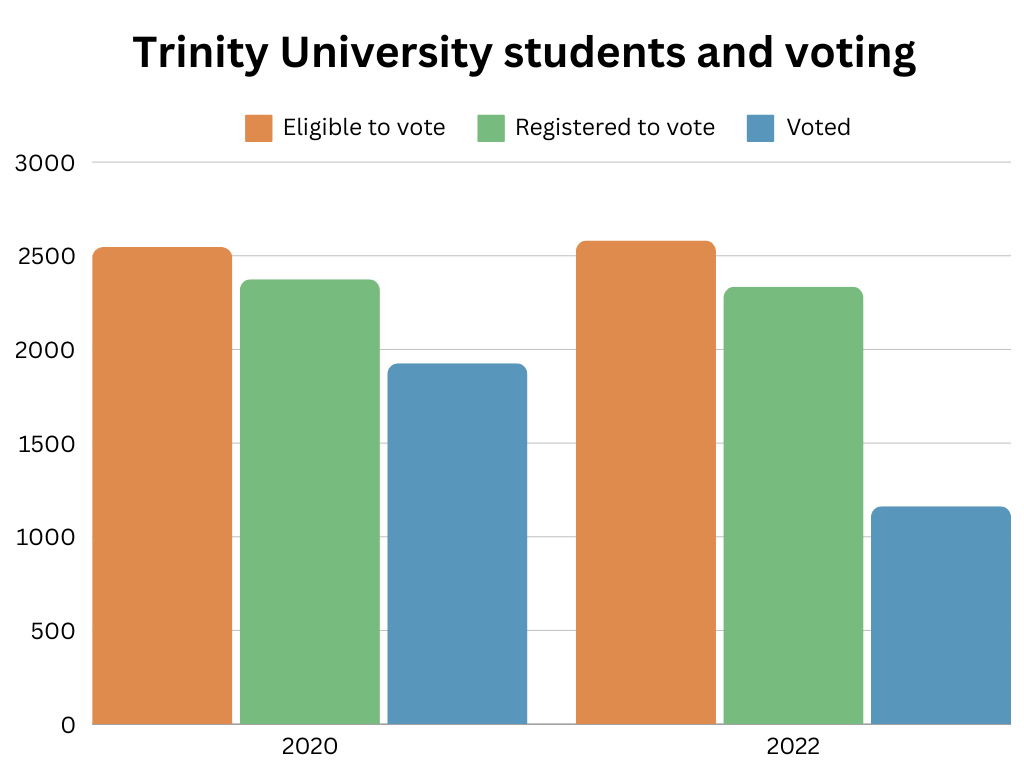photo provided by Shelby Sperling
I was a “pick me” girl at one point. A pick me girl is a girl who behaves with the drive to impress or be accepted by men. This usually can manifest in putting down other girls to make the pick me girl appear special.
In middle school, I didn’t like traditionally feminine things, so I preferred the company of boys. I figured I’d fit in better with guys, but this led to me constantly feeling the need to impress them so I could feel accepted. I also started to put down who I perceived to be “girly girls.” Truth be told, I resented those girls because they fit a mold that I felt I couldn’t, hence why I turned to striving for the approval of guys. Of course, at the time I was unaware of this inherent misogyny, but now, looking back, I feel ashamed that I perpetuated a narrative that elevates male qualities while criticizing young girls for enjoying harmless activities that may come naturally to them. It’s clear to me now that my way of seeing the social hierarchy as boy versus girl was ignorant and childish.
There are a few dilemmas that surface when we set up our social hierarchy based on gender. Gender is a spectrum, so if men already have a head start to reach the top of this social pyramid, then masculine traits will follow closely behind. And, as we all probably already know, men hold more positions of power than women and women have been oppressed and discriminated against for centuries, that’s a fact backed by history. This means that this hierarchy already favors men, and women now have to play catch up. Women should support women because, as most of us know, men generally won’t.
A great example of society idolizing masculine traits in women can be seen when we look at Hollywood’s depiction of the “cool girl.” The cool girl is an effortlessly beautiful woman with a twist. She eats, she drinks, she watches sports, and she is not emotional or clingy. She’s basically a stereotypical man in a Victoria’s Secret model body. The issue with this depiction is that the cool girl is supposed to be admired, not relatable. She is the ideal. Many women, myself included, fall into this trap of thinking, “I wish I was more like her.”
This is not to say women can’t be masculine, the problem lies in elevating these women over others. The YouTube channel The Take has a really informative video titled “The Cool Girl Trope, Explained” that does a deep dive into this type of character. The video points out that this girl was invented by the men of Hollywood. This character is admired and strived for by so many women, when in reality these women are just a representation of the male fantasy.
I see a girl-on-girl sexism narrative projected by individuals and in mass media even today. Too often I hear “I’m not like other girls” or “I like the girls who can hang with the guys better.” These lines are projected by women, but what’s worse is men started using these lines first. “You’re not like other girls.” What is that supposed to mean exactly? Sure, sometimes it has a sincere meaning like “You are unique,” but why when calling a girl unique must we compare her to other girls with the implication that the rest of the female population is basic? A girl who appeals to a male standard is no better than girls who are interested in things that appeal to women as opposed to men. Just because Hollywood, and even sometimes men in general, project this does not mean we have to accept this as our truth.
There are so many layers to the hypocrisy of girl-on-girl misogyny. This can especially be seen most often when women slut shame each other, discredit those who prefer the company of other women, judge women who get their nails done or enjoy shopping and makeup, or women who don’t act “ladylike.”
The solution: education. I am under the impression that many women who express misogynistic views, whether they’re subtle or not, are unaware that is what they are doing, just like I was oblivious. Women are powerful and should be proud to be a woman and proud of other women as well. This is why I predict once one’s eyes are opened to the predominantly male powered factors playing a role in female-on-female misogyny, they would want to switch up. I know I would rather support female empowerment than live as a pick me girl. Would you?






